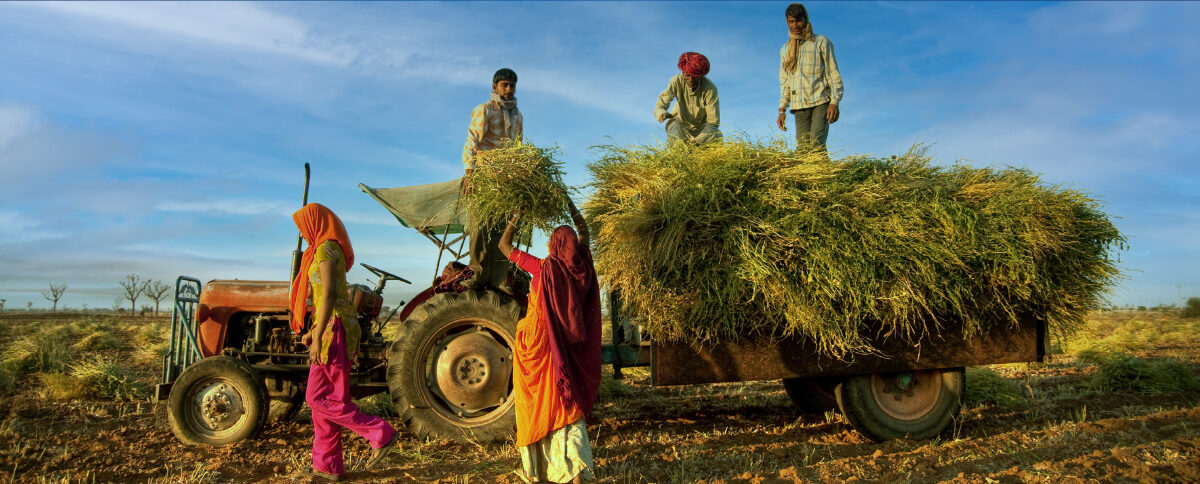
India’s agricultural sector is a cornerstone of its economy and a key player in global trade. With its vast and fertile land, India produces a diverse array of crops, including fruits, vegetables, pulses, spices, and oilseeds, making it one of the top agricultural exporters in the world. The country’s favorable climate and rich soil allow for year-round cultivation, providing a steady produce supply for domestic and international markets.
One of the major factors contributing to India’s dominance in agricultural exports is the wide variety of products it offers. From the aromatic spices that add flavor to cuisines worldwide to the fresh fruits and vegetables that grace international markets, India’s agricultural exports are diverse and high in demand. Spices like turmeric, cumin, and black pepper are particularly popular, with India being one of the largest exporters of these products globally. Additionally, India’s fruits, such as mangoes, bananas, and pomegranates, are cherished worldwide for their quality and taste.
Another important aspect of India’s role in global agricultural trade is its commitment to maintaining high standards of quality and safety. Indian exporters, like Jay Bhavani Exim, follow stringent quality control measures to ensure that their products meet international standards. This includes adhering to food safety regulations, implementing sustainable farming practices, and ensuring that their produce is free from harmful pesticides and chemicals. By maintaining these high standards, Indian agricultural products continue to be trusted and preferred by consumers around the world.
The economic impact of agricultural exports on India is significant. It not only contributes to the country’s GDP but also provides livelihoods to millions of farmers and workers involved in the agricultural supply chain. The export sector also plays a crucial role in stabilizing the country’s economy by generating foreign exchange and creating employment opportunities in rural areas.
However, despite its successes, India’s agricultural export sector faces several challenges. These include fluctuating global prices, climate change, and competition from other countries. To overcome these challenges, India must continue to invest in research and development, improve infrastructure, and enhance its marketing strategies to remain competitive in the global market.
In conclusion, India’s agricultural sector is a vital part of the global trade ecosystem. Its ability to produce and export a wide variety of high-quality products has earned it a strong reputation in international markets. Companies like Jay Bhavani Exim are at the forefront of this industry, ensuring that India’s agricultural products reach every corner of the world. As the global demand for Indian produce continues to grow, India’s role in global agricultural trade is set to expand even further.

